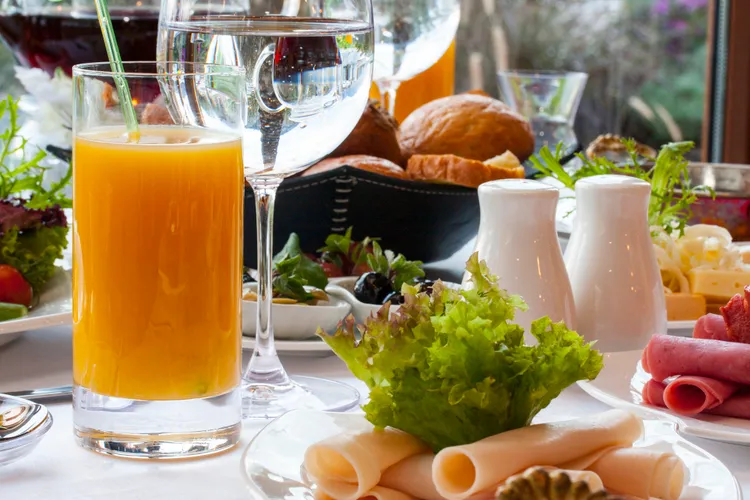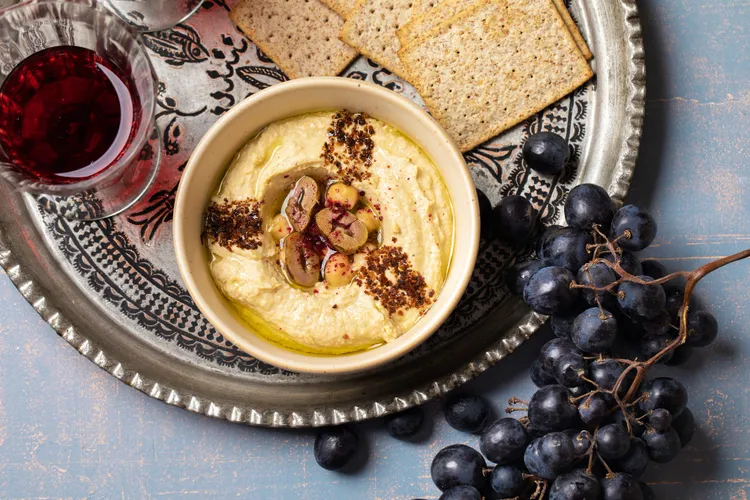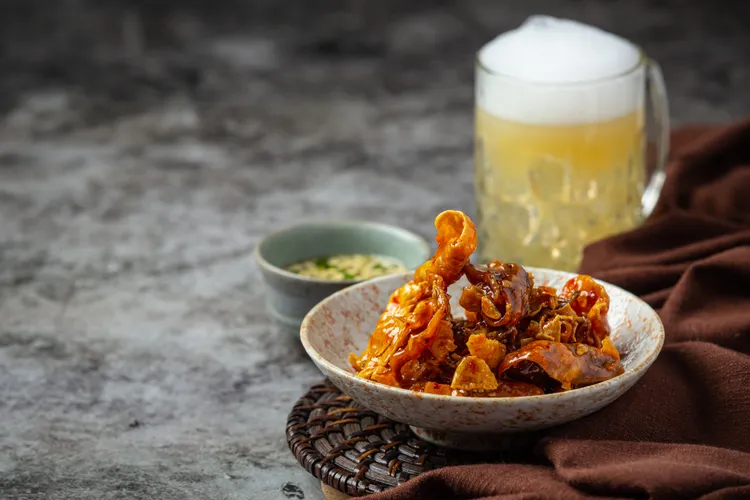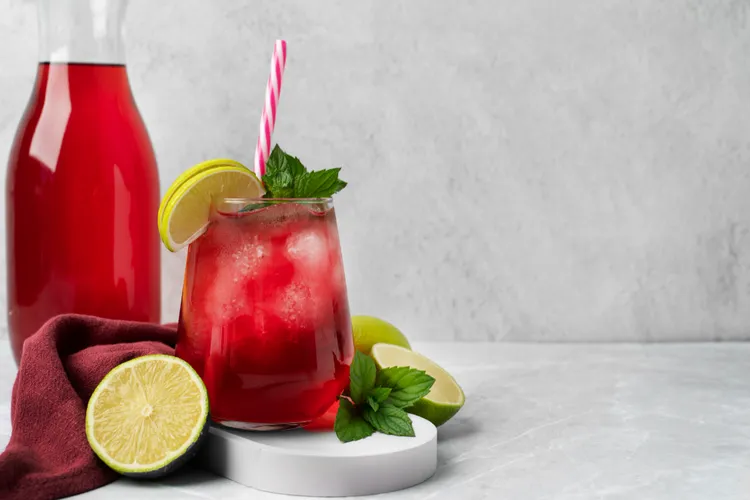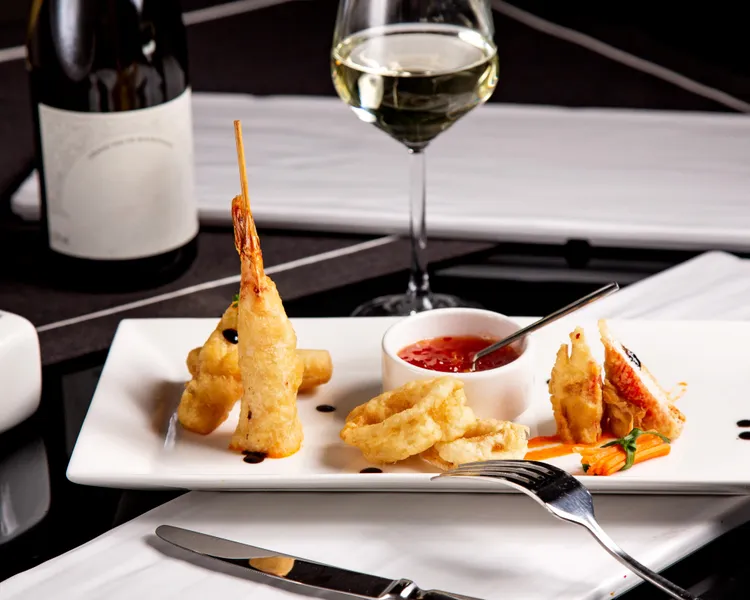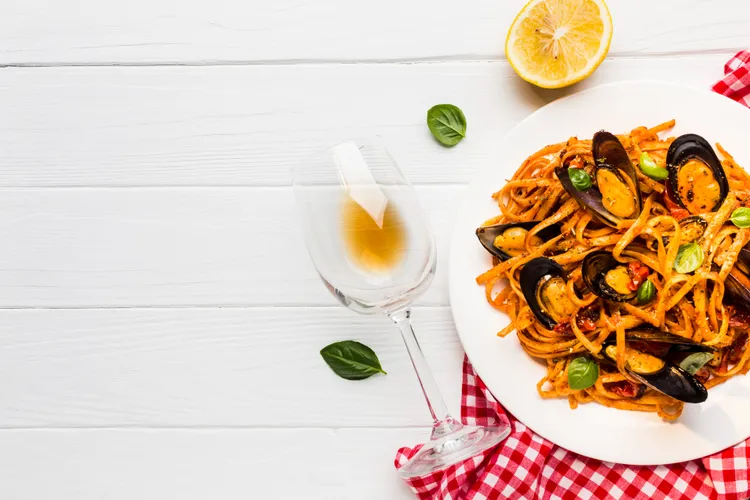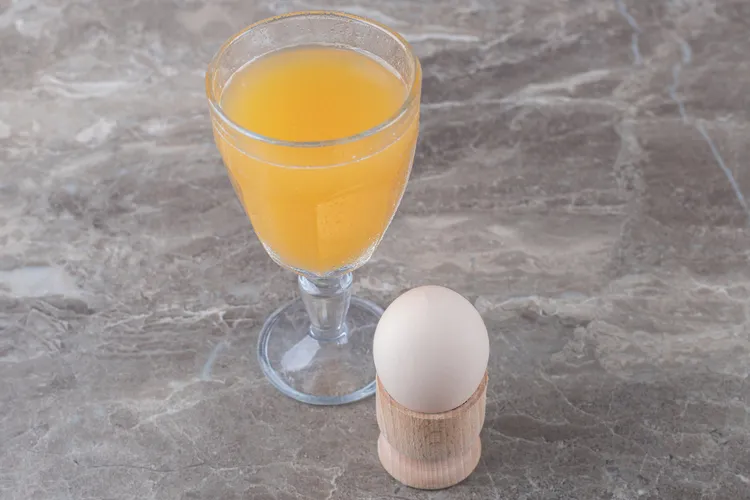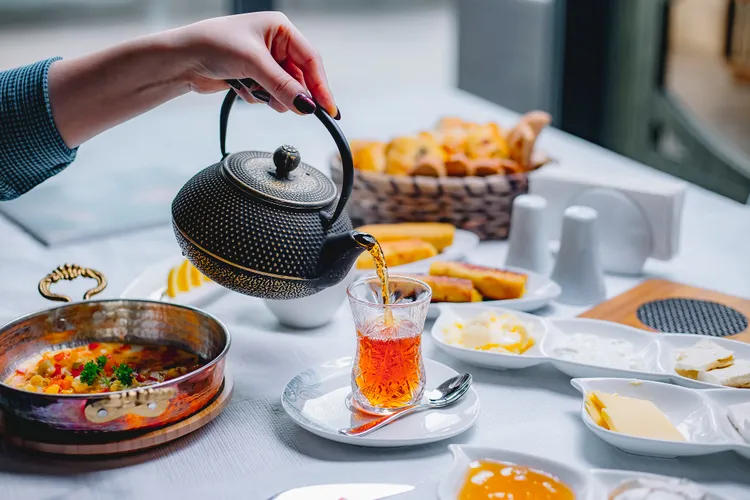Acne-Friendly Foods: What to Eat for Clearer Skin Naturally
Acne isn’t just a teenage problem - it affects adults worldwide and can be frustrating, painful, and emotionally draining. While skincare routines and topical treatments play a role, what you eat directly impacts your skin health. Your body reflects what’s happening on the inside, and nourishing it with the right foods can help reduce breakouts, inflammation, and excess oil production. In this guide, we’ll explore the best acne-friendly foods, why they work, and how to incorporate them into your everyday meals for healthier, glowing skin.
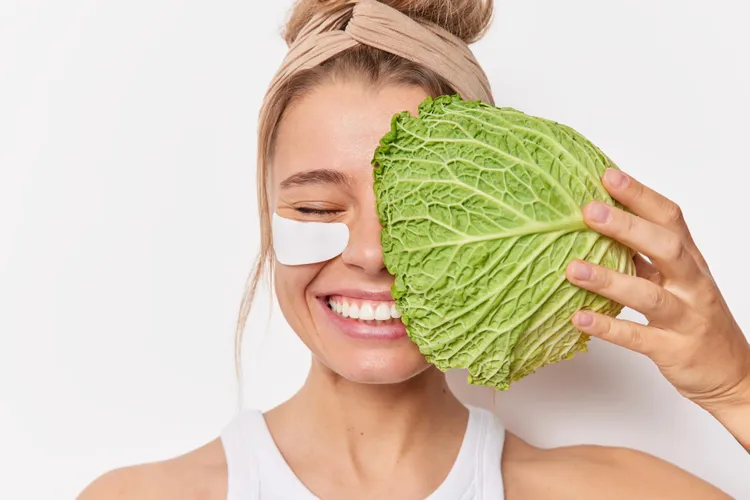
Acne affects millions worldwide - not just teenagers. While skincare routines matter, your diet plays a powerful role in skin health. The food you eat can either fuel inflammation and breakouts or nourish your skin from the inside out.
This guide is your ultimate resource on acne-friendly foods, packed with practical tips, meal ideas, and holistic strategies. We’ll also link to related guides on Foods That Cause Acne (what to avoid), Holistic Skincare Routines (lifestyle integration), and Gut Health and Skin Connection (why healing your gut heals your skin).
Why Diet Matters for Acne
Acne develops when oil, dead skin cells, and bacteria clog pores. But deeper drivers - like inflammation, hormones, and gut health - are all influenced by your diet.
-
Inflammatory foods → worsen redness & swelling.
-
High-glycemic foods → spike insulin, increasing sebum.
-
Nutrient deficiencies → slow skin healing.
-
Gut imbalances → trigger skin flare-ups.
By choosing acne-friendly foods, you’re not just fighting pimples - you’re also supporting your overall health and wellbeing.
For contrast, see our guide: Foods That Cause Acne: What to Avoid for Clearer Skin.
The Best Acne-Friendly Foods
1. Fatty Fish (Salmon, Sardines, Mackerel)
-
Why it helps: Rich in omega-3 fatty acids, which lower inflammation and regulate oil production.
-
Nutrients: EPA, DHA, Vitamin D, protein.
-
How to eat it: Enjoy grilled salmon bowls, sardine avocado toast, or baked mackerel with veggies.
2. Leafy Greens (Spinach, Kale, Swiss Chard)
-
Why it helps: Packed with antioxidants that neutralize free radicals and reduce oxidative stress on skin.
-
Nutrients: Vitamin A, C, E, magnesium, iron.
-
How to eat it: Add kale to smoothies, sauté spinach with garlic, or make big mixed green salads.
3. Low-Glycemic Whole Grains (Quinoa, Brown Rice, Oats)
-
Why it helps: High-glycemic foods spike blood sugar, causing more insulin - and more acne. Whole grains keep sugar steady.
-
Nutrients: Fiber, B vitamins, zinc.
-
How to eat it: Overnight oats with chia, quinoa bowls, or brown rice stir-fry.
4. Nuts & Seeds (Pumpkin Seeds, Walnuts, Chia, Flax)
-
Why it helps: Provide zinc, selenium, and healthy fats that fight inflammation and regulate hormones.
-
Nutrients: Omega-3s, zinc, magnesium, Vitamin E.
-
How to eat it: Sprinkle flax or chia seeds into smoothies, snack on pumpkin seeds, or add walnuts to salads.
5. Berries (Blueberries, Strawberries, Raspberries)
-
Why it helps: Loaded with antioxidants and Vitamin C to boost collagen and reduce skin inflammation.
-
Nutrients: Vitamin C, polyphenols, fiber.
-
How to eat it: Blend into smoothies, toss on top of yogurt, or eat fresh as a snack.
6. Avocados
-
Why it helps: Healthy monounsaturated fats keep skin moisturized and reduce inflammation.
-
Nutrients: Vitamin E, C, potassium, fiber.
-
How to eat it: Mash into guacamole, slice onto toast, or add to green smoothies.
7. Green Tea
-
Why it helps: Contains EGCG (epigallocatechin gallate), a potent antioxidant with anti-inflammatory effects.
-
Nutrients: Polyphenols, catechins.
-
How to drink it: Brew hot or cold green tea, or add matcha powder to smoothies.
8. Probiotic-Rich Foods (Yogurt, Kimchi, Sauerkraut, Kefir)
-
Why it helps: Supports a healthy gut microbiome, which reduces inflammation and helps regulate the immune response.
-
Nutrients: Probiotics, calcium, protein.
-
How to eat it: Try Greek yogurt with berries, add sauerkraut to sandwiches, or sip kefir.
9. Sweet Potatoes & Carrots
-
Why it helps: Rich in beta-carotene, which converts to Vitamin A and helps regulate skin cell turnover.
-
Nutrients: Beta-carotene, fiber, potassium.
-
How to eat it: Roast sweet potato fries, mash them, or blend carrot soup.
10. Turmeric & Ginger
-
Why it helps: Potent anti-inflammatory and antibacterial properties, reducing redness and swelling.
-
Nutrients: Curcumin (turmeric), gingerol (ginger).
-
How to use: Add turmeric to curries, sprinkle in smoothies, or sip ginger tea.
Foods to Limit if You Struggle with Acne
-
High-glycemic foods: white bread, pastries, sugary drinks.
-
Dairy (especially skim milk): linked to hormonal acne in some people.
-
Excess red meat & processed meats: can increase inflammation.
-
Fast food & fried foods: rich in omega-6 oils that worsen acne.
-
Excess caffeine & energy drinks: may stress hormones and dehydrate skin.
Read the full guide: Foods That Cause Acne.
Holistic Tips for Clearer Skin Beyond Food
-
Stay hydrated: Aim for 2-3 liters of water daily.
-
Prioritize sleep: Skin heals while you rest - 7-9 hours is key.
-
Move your body: Regular exercise boosts circulation and detoxification.
-
Reduce stress: Meditation, yoga, or journaling help lower cortisol (a breakout trigger).
-
Choose clean skincare: Non-comedogenic, gentle, and natural products support the diet changes.
Explore: Holistic Skincare Routines for Acne-Prone Skin.
Sample Acne-Friendly Meal Plan
Breakfast: Blueberry banana protein-packed overnight oats
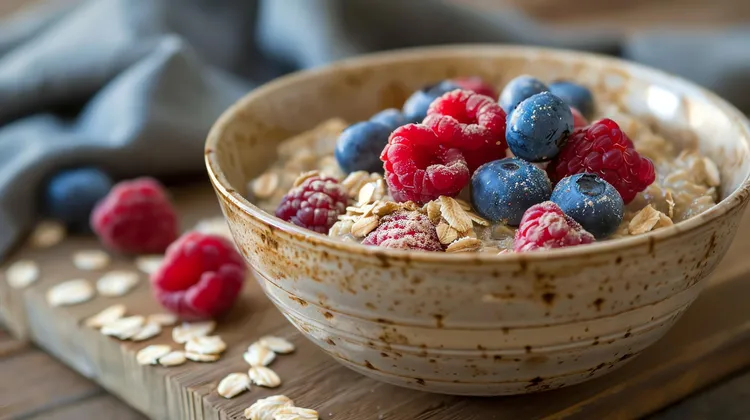
Lunch: Salmon with parsley salad
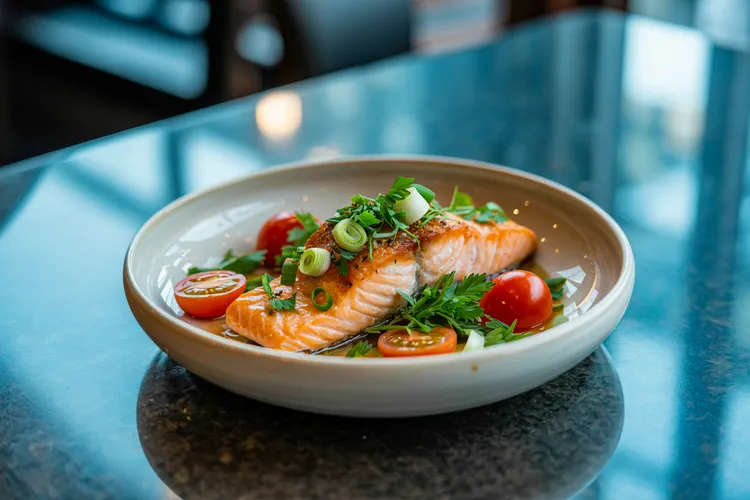
Snack: Raspberry greek yogurt parfait
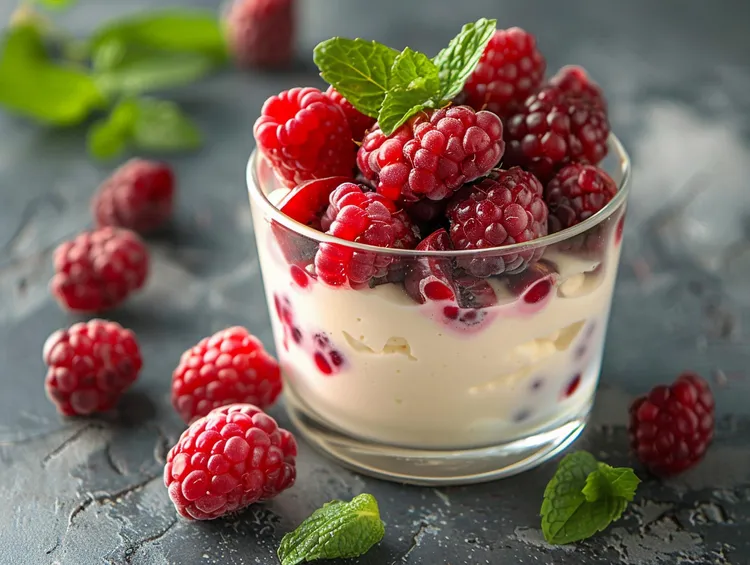
Dinner: Brown rice and beans
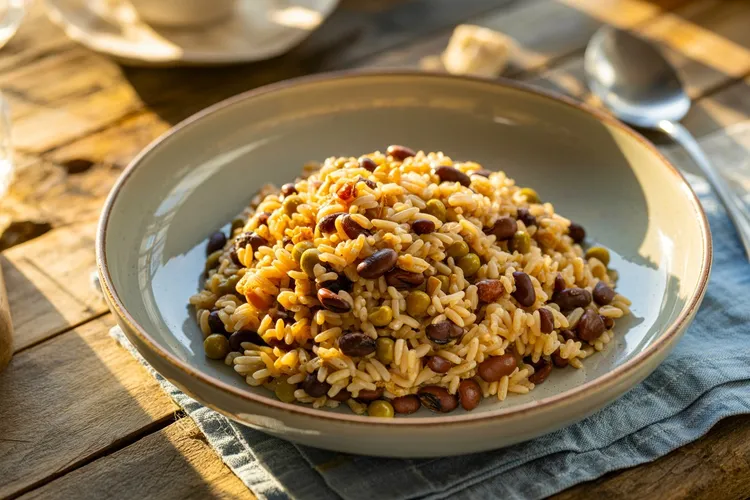
Drink: Green tea + water throughout the day
For more gut-focused answers, see: Gut Health and Skin Connection.
Clear skin starts from within. By focusing on acne-friendly foods - like fatty fish, leafy greens, whole grains, nuts, seeds, berries, and probiotic-rich options - you can reduce inflammation, balance hormones, and support your body’s natural healing process.
Consistency is key. Combine nourishing foods with holistic lifestyle habits, and you’ll give your skin the best chance to glow - naturally.
Clear skin starts on your plate. By focusing on acne-friendly foods like salmon, leafy greens, berries, probiotics, and antioxidant-rich produce, you can lower inflammation and balance your body naturally.
Pair your diet with Holistic Skincare Routines, learn about Foods That Cause Acne, and heal your body from within with Gut Health and Skin Connection.
This integrated approach creates lasting results for your skin and overall wellbeing.
Acne-Friendly Foods FAQ
1. What foods clear acne fast?
Foods rich in omega-3s (like salmon, chia seeds, and walnuts), antioxidants (such as berries and leafy greens), and probiotics (like yogurt and kimchi) can reduce inflammation and support clearer skin within weeks when combined with a balanced lifestyle.
2. Is dairy bad for acne?
Some studies link dairy - especially skim milk - to acne breakouts due to hormones and growth factors that can overstimulate oil glands. Not everyone reacts to dairy, but if you struggle with acne, try reducing milk and switching to plant-based alternatives like almond or oat milk.
3. What drinks help with acne?
Green tea, matcha, and water are excellent choices. Green tea contains EGCG, a powerful antioxidant that reduces inflammation and regulates oil production. Staying hydrated with water helps flush out toxins and maintain skin balance.
4. What foods should I avoid for acne?
Limit high-glycemic foods (white bread, pastries, sugary drinks), excess dairy, processed meats, fried fast foods, and refined oils. These foods spike blood sugar, trigger inflammation, and worsen breakouts.
5. Can vitamins and supplements help with acne?
Yes - zinc, omega-3 fatty acids, and Vitamin A are often helpful for skin health. However, food sources are best, and supplements should be taken under guidance from a healthcare professional.
6. How long does it take for diet changes to improve acne?
Everyone is different, but many notice improvements in 4-12 weeks after adopting an acne-friendly diet. Consistency and patience are key, as your skin reflects long-term habits.
